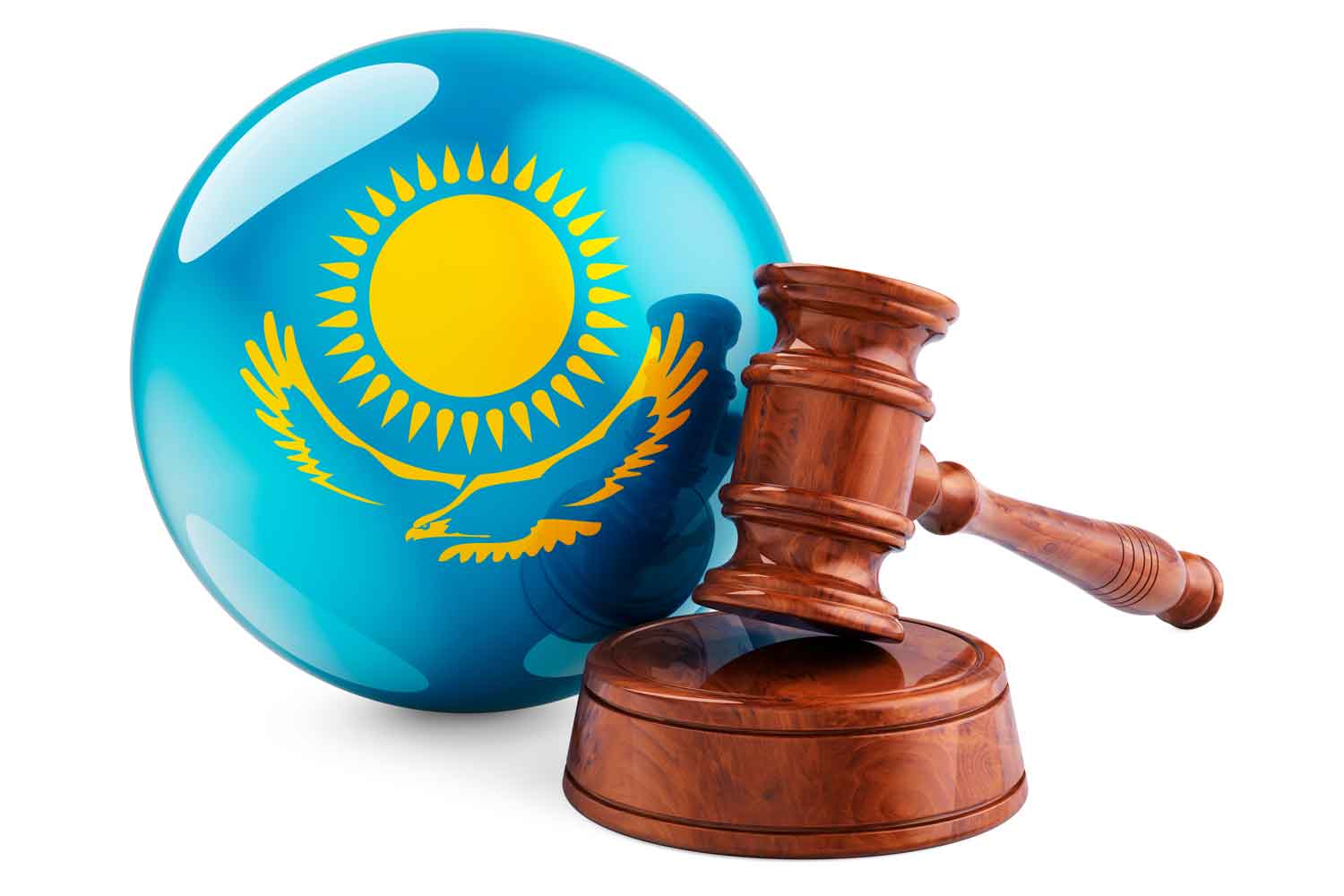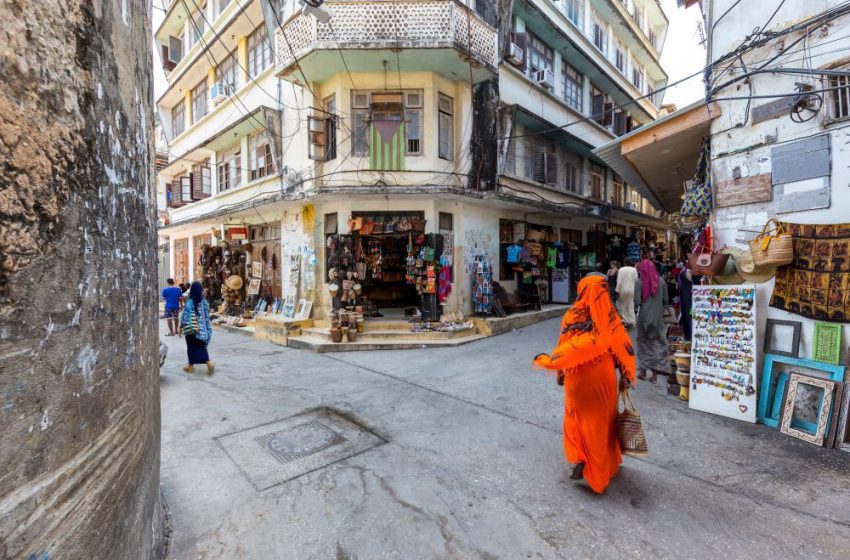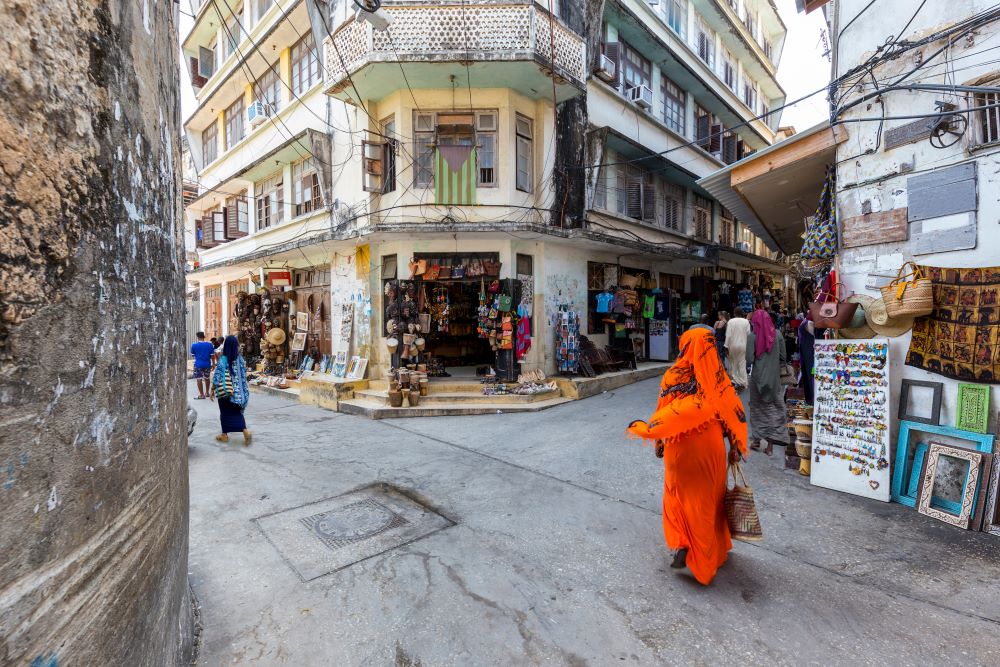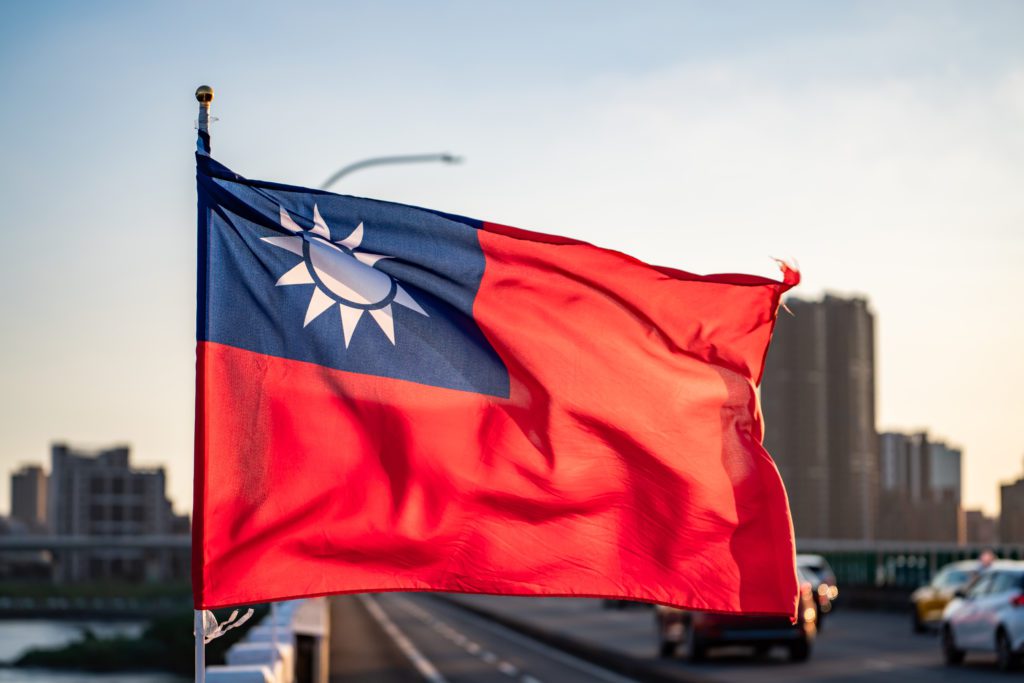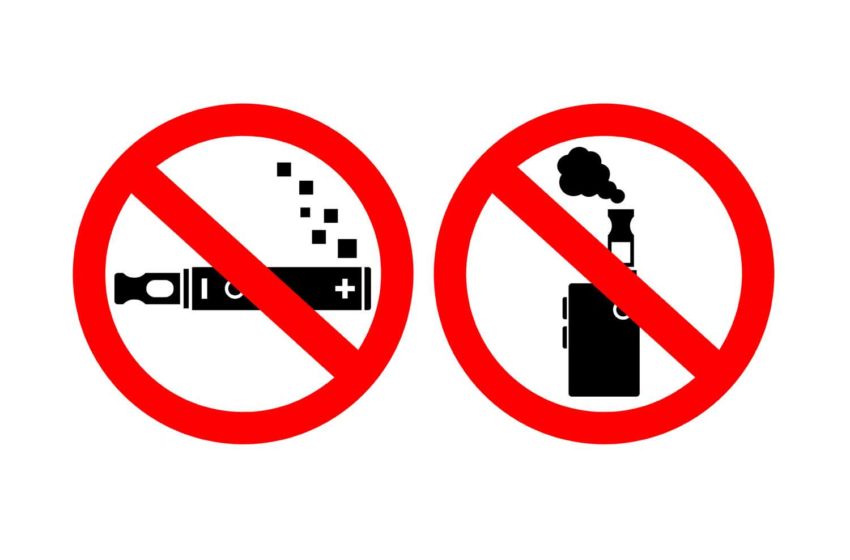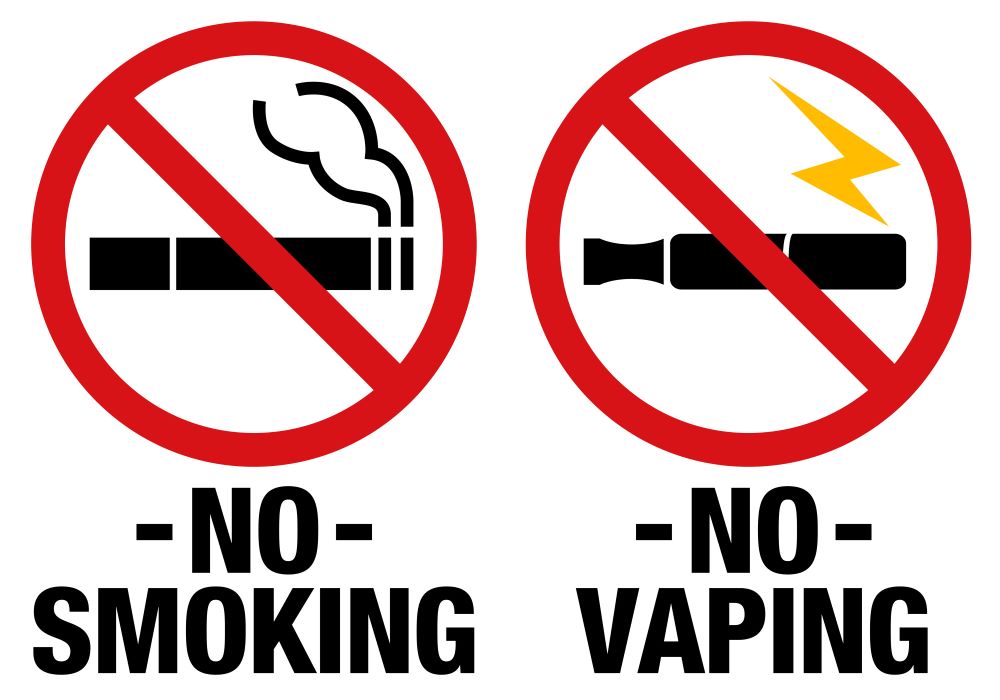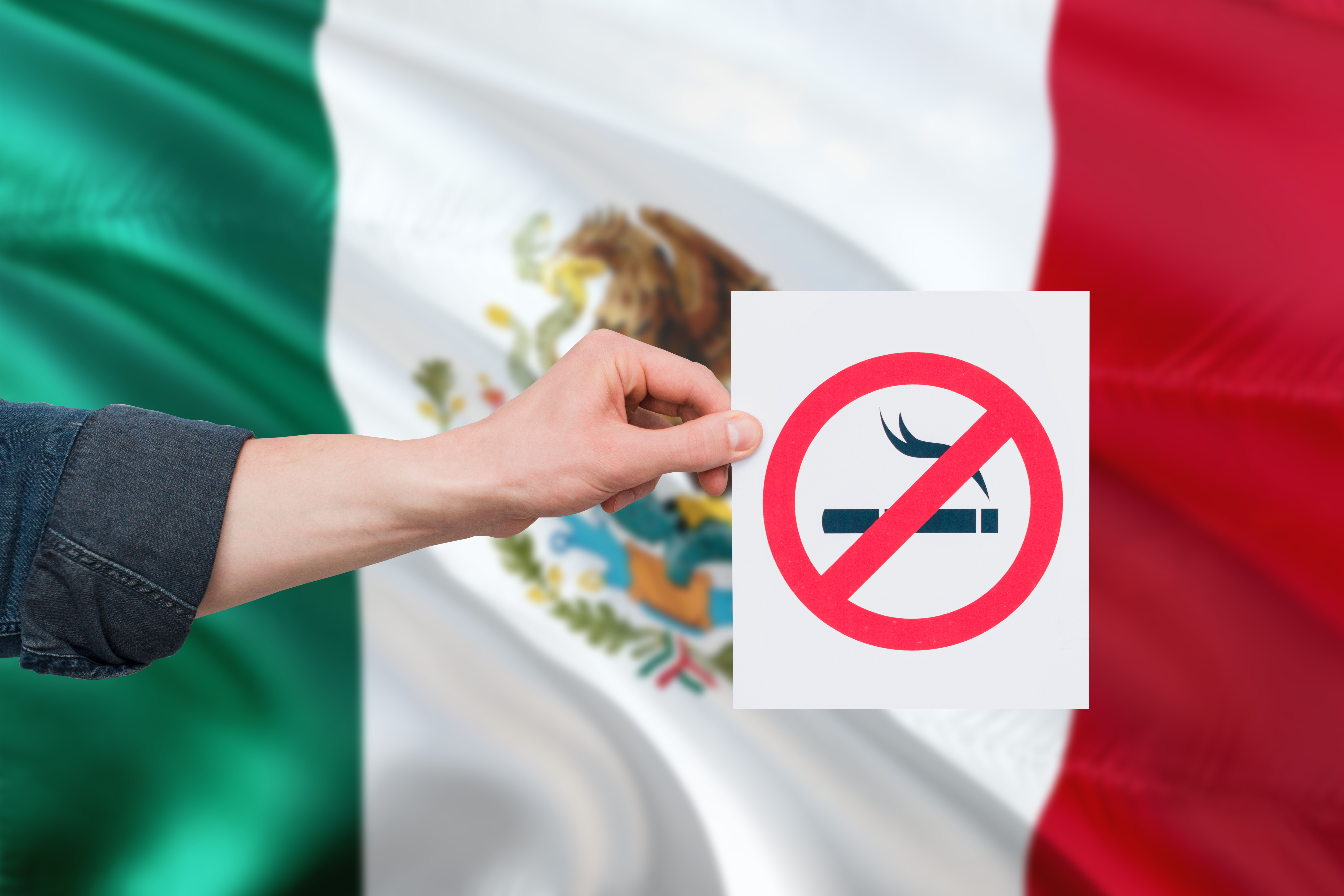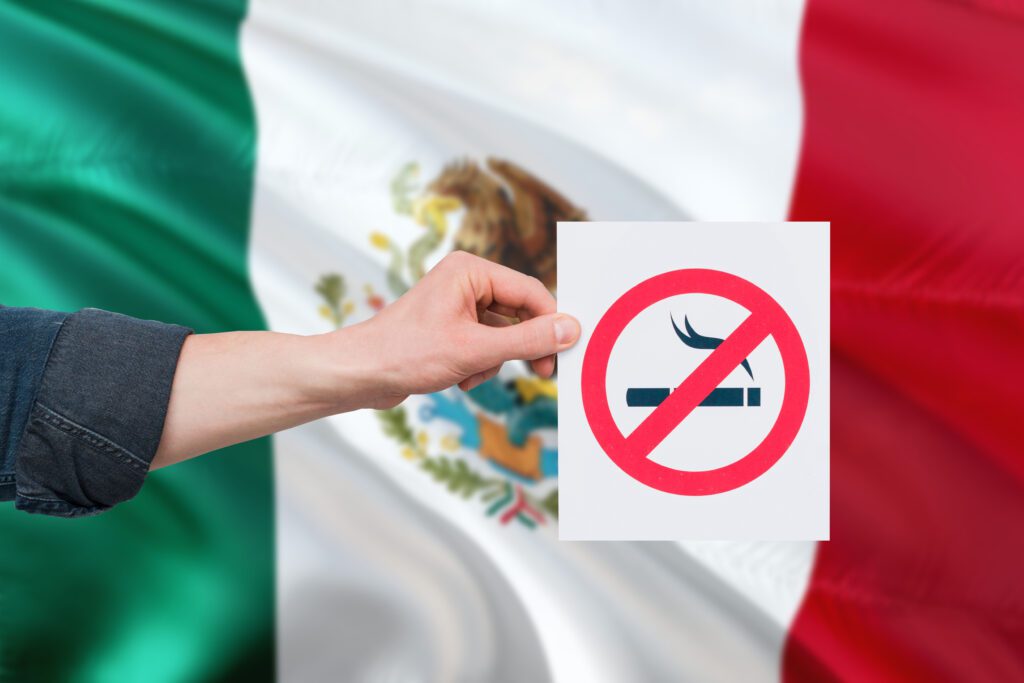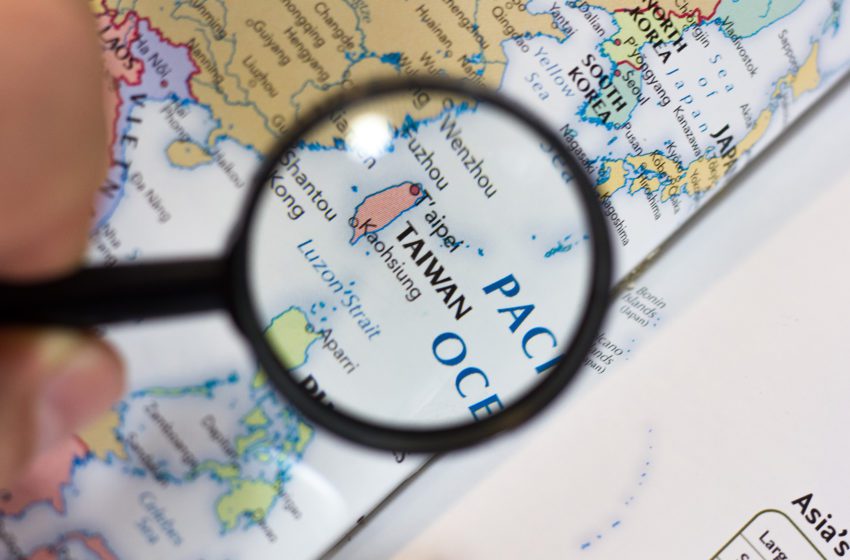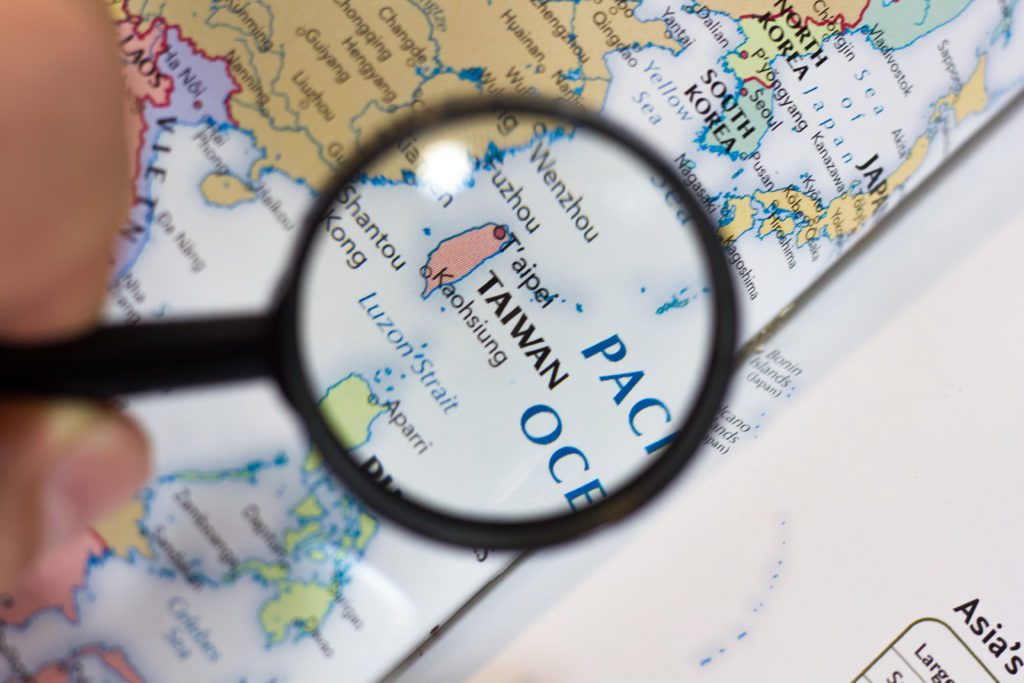After banning the sale of all vaping products, Mexico has implemented one of the world’s strictest anti-tobacco laws by enacting a complete ban on smoking in public places.
The move also includes a total ban on the advertising, promotion and sponsorship of tobacco products, which means that cigarettes cannot be displayed inside shops. The step was first approved in 2021.
E-cigarettes and heated tobacco products are also facing tighter new restrictions, particularly indoors, as per BBC. Last year, Mexico banned the import, sale and distribution of vaping and heated-tobacco products.
The existing 2008 law in Mexico is responsible for smoke-free spaces in bars, restaurants and workplaces. The same law extended to a total ban in all public spaces including parks, beaches, hotels, offices and restaurants.
Several other Latin American countries have also passed legislation to create smoke-free public spaces. Last year for example, Panamanian President Laurentino Cortizo also signed legislation banning the sale of vapor products in his country.
However, Mexico’s legislation is considered to be the most robust and wide-ranging in the Americas.
However, some smokers are dismayed at the draconian nature of the new law. In essence, it means that many will only be allowed to smoke in their homes or other private residences.
Others have raised questions about the practicalities of enforcing the law.
With police corruption so rampant in Mexico, many fear that rather than issuing real fines or punishments for smoking in public, some officers will use it as a pretext for taking bribes.
